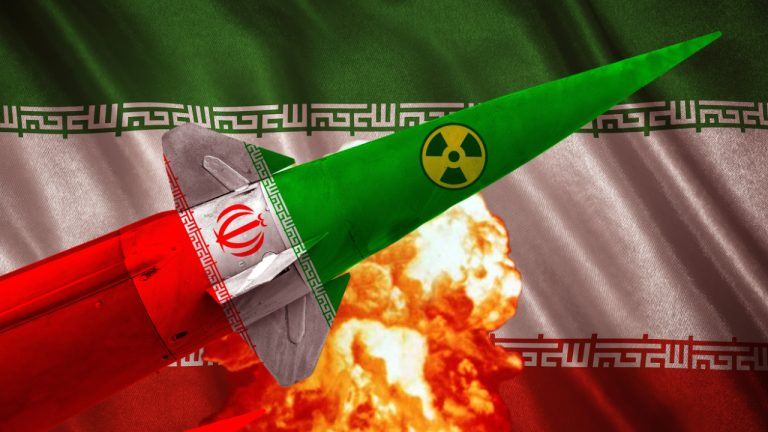
The escalating conflict in the Middle East has sent shockwaves through global markets, prompting a significant realignment of investments as geopolitical risks soar. The surge in tensions has led to a spike in volatility, pushing investors towards sectors such as energy, defense, commodities, and inflation-protected assets.
The recent events in the Middle East have not only heightened concerns about regional stability but have also raised fears of potential disruptions in the global economy. The conflict has particularly impacted the oil market, with prices skyrocketing in response to the uncertainty and instability in the region.
As a result of the escalating tensions, investors are increasingly turning to safe-haven assets such as gold and other commodities, as well as defense stocks, which are expected to benefit from increased military spending. Inflation-protected assets are also gaining traction as investors seek to hedge against rising inflation amid the market turmoil.
The darkening market outlook reflects the growing unease among investors, who are bracing for further volatility and uncertainty in the coming weeks. The heightened geopolitical risks have added a new layer of complexity to an already fragile global economic landscape, with potential implications for various sectors and asset classes.
In times of geopolitical turmoil, investors often seek refuge in assets that are perceived to be less vulnerable to external shocks. Energy stocks, for example, are seen as a safe bet amid rising oil prices, while defense companies stand to benefit from increased government spending on military capabilities.
Commodities, particularly gold, are also attracting attention as investors look for ways to protect their portfolios from market volatility. The precious metal is traditionally viewed as a safe-haven asset during times of crisis, offering a store of value and a hedge against inflation.
While the market realignment driven by the Middle East conflict has created opportunities for certain sectors, it has also raised concerns about the broader economic implications of the escalating tensions. The uncertainty surrounding the situation in the region is likely to continue influencing market dynamics in the near term, with investors closely monitoring developments for potential risks and opportunities.
As the conflict unfolds, market participants will be closely watching for any signs of de-escalation or further escalation, which could have significant implications for investor sentiment and market performance. In the meantime, the focus remains on navigating the current environment of heightened geopolitical risk and market volatility.

Leave a Reply